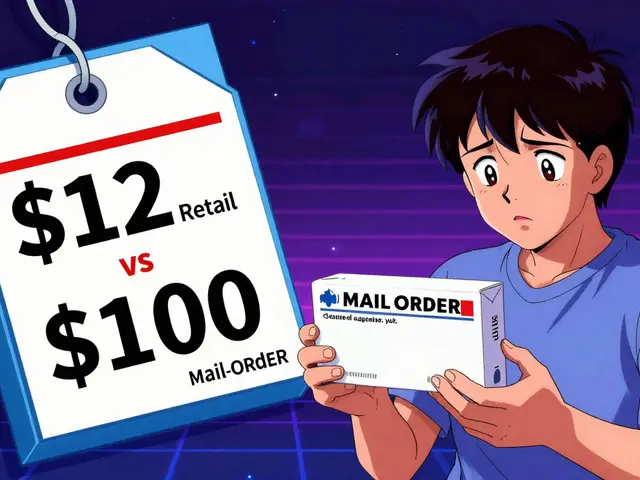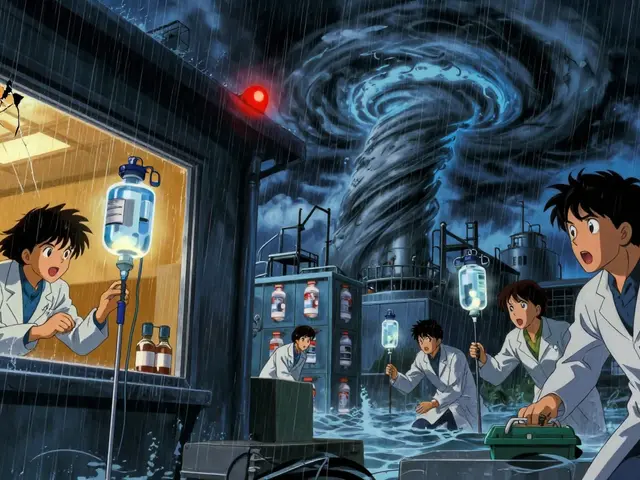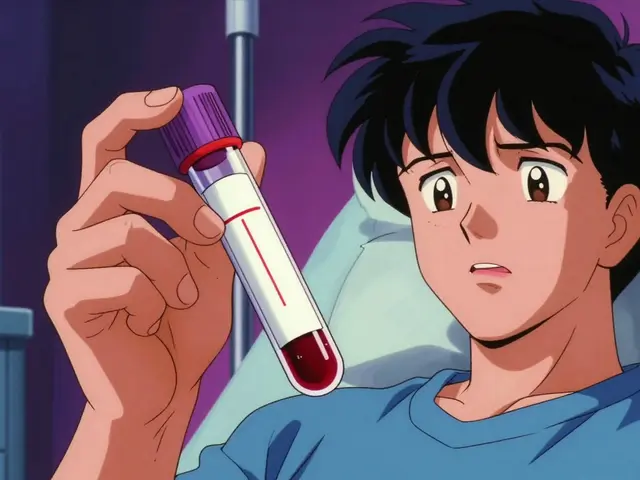Hypertensive Crisis: What It Is, How It Happens, and What to Do
When your blood pressure shoots up dangerously high—above 180/120 mm Hg—you’re facing a hypertensive crisis, a sudden, severe increase in blood pressure that can damage organs and lead to stroke, heart attack, or kidney failure. Also known as hypertensive emergency, it’s not just a number on a screen—it’s a medical event that demands immediate attention. This isn’t the same as routine high blood pressure. A hypertensive crisis happens fast, often without warning, and can turn deadly in minutes if ignored.
What causes it? Sometimes it’s missed medication, like skipping your blood pressure pills for days. Other times, it’s triggered by stress, drug use (including cocaine or amphetamines), kidney problems, or even sudden withdrawal from certain meds. People with untreated hypertension are at highest risk, but even those who think they’re managing their condition can slip into crisis if something disrupts their routine. It’s not rare—emergency rooms see dozens of these cases every week, especially in older adults or those with diabetes or kidney disease.
Here’s the scary part: you might not feel anything until it’s too late. Some people get a pounding headache, blurred vision, chest pain, or shortness of breath. Others feel dizzy, nauseous, or just "off." But a lot of the time, there’s no pain at all—just a silent, rising pressure inside your arteries. That’s why checking your blood pressure regularly matters, even if you feel fine. If your reading hits 180/120 or higher, wait five minutes and check again. If it’s still up there, don’t wait. Call emergency services. Don’t try to drive yourself. Don’t take extra pills hoping it’ll help. This isn’t a home fix.
Once you get to the hospital, doctors don’t just lower your pressure—they protect your organs. They use IV meds to bring the numbers down slowly and safely. Rushing it can cause more harm, like cutting off blood flow to your brain. Treatment depends on what’s damaged: your heart, kidneys, brain, or eyes. Some people need to stay in the ICU for days. Others recover quickly if caught early. The key? Acting before symptoms worsen.
After a crisis, life changes. You’ll need tighter monitoring, stricter meds, and probably a new plan with your doctor. Many people start checking their blood pressure at home. Others cut back on salt, stop drinking alcohol, or start walking daily. But the biggest lesson? Never ignore a high reading. Never assume you’re fine because you feel okay. A hypertensive urgency, a severe rise in blood pressure without organ damage can still lead to a full emergency if left unchecked. And a blood pressure spike, a sudden, sharp increase in systolic or diastolic pressure—even if brief—can be a red flag for something deeper.
Below, you’ll find real-world guides that break down how to manage high blood pressure, what meds work best, how to avoid triggers, and when to seek help before it becomes a crisis. These aren’t theory pieces—they’re practical, tested advice from people who’ve been there, and doctors who’ve seen the damage. Whether you’re managing your own numbers or caring for someone else, this collection gives you the tools to act before it’s too late.





